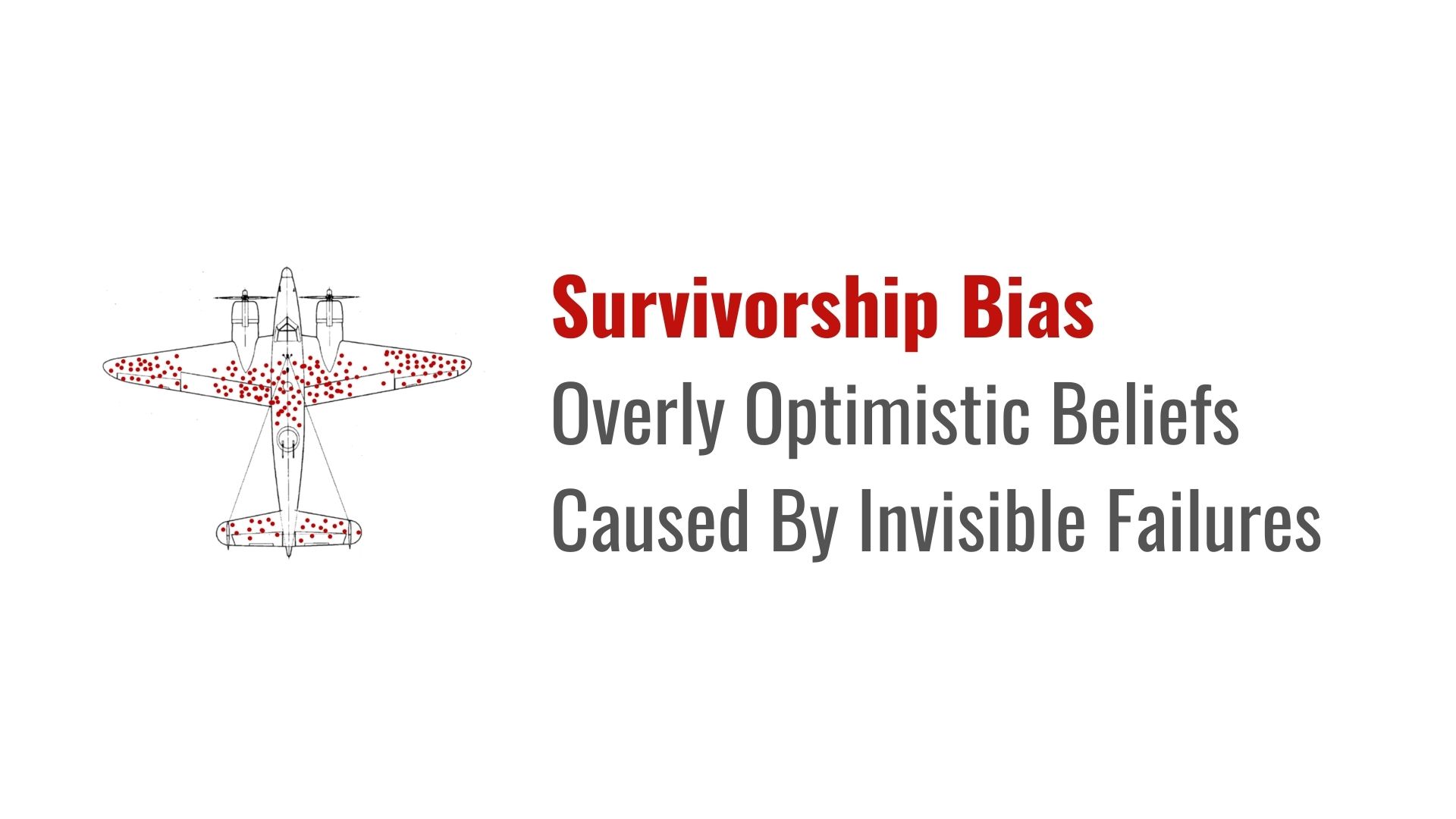
How many times have you heard about a college dropout who made millions with an idea they had. I bet you have heard a lot about such people. Among the most prominent are Bill Gates, Mark Zuckerberg, and a couple of others. Some people decide to follow a similar path, hoping they can repeat the successes of those people.
But how many times have you heard about college dropouts who didn’t make it at all and barely make ends meet?
I haven’t heard about such people except for some acquaintances I know personally. Nobody cares about them, and no news portal will make a big story out of it, even though in US, people with no college degree make up 38.72% of the population aged 25+.1 And here is the average salary by education level, which shows that people with some college degree (a bit more than a third of the population) make 1/3 less than those with at least a Bachelor’s degree:

Average Salary by Education Level. Source: northeastern.edu
Survivorship Bias
Survivorship bias or survival bias is the logical error of concentrating on the people or things that made it past some selection process and overlooking those that did not, typically because of their lack of visibility. This can lead to some false conclusions in several different ways. — Wikipedia
For instance, during World War II, the statistician Abraham Wald took survivorship bias into his calculations when considering how to minimize bomber losses to enemy fire. His team examined the damage done to aircraft that had returned from missions and recommended adding armor to the areas that showed the least damage, based on his reasoning.

This contradicted the US military’s conclusions that the most-hit areas of the plane needed additional armor. Wald noted that the military only considered the aircraft that had survived their missions; any bombers that had been shot down or otherwise lost had logically also been rendered unavailable for assessment. The bullet holes in the returning aircraft, then, represented areas where a bomber could take damage and still fly well enough to return safely to base. Thus, Wald proposed that the Navy reinforce areas where the returning aircraft were unscathed since those were the areas that, if hit, would cause the plane to be lost.2
From Education, To Business, To Everything
So it is with college dropouts as well — we hear only about those who succeeded. However, the overwhelming majority of those who have failed are underpaid, struggle to pay their bills, and generally have a hard time. But you won’t hear about them because they make for a poor news headline.
The nature of this bias makes it common in many other areas besides education and the military.
It explains why you are better off using the tools, methods, and strategies that stood the test of time rather than trying to think of some brand new approaches in running your business (there are some caveats here that I address in the next section).
It explains why music from the past is thought of as better than music in the present. Only the best hits from the past are played now, which, comparing to all music, good and bad, from the present skews the perception of how good music of different periods is.
Although with the advent of technology it is easier to keep track of deaths during a pandemic, survivorship bias can explain why a person might not take a virus seriously because only people who survived are speaking about it.
Regardless of where it applies, the survivorship bias depicts a skewed and more positive perspective on things, namely because we get to hear only about those cases that made it through, leaving those who failed to the isolated silence of the unwitnessed or long-forgotten events.
Survivorship Vs. Innovation
Earlier I mentioned that you should follow the successful methods and strategies if you want to be successful. However, innovation never happens on the well-trodden paths.
You need to experiment and try on new things to find better and more effective approaches. There is a fine line between doing the safe thing vs. taking on some risk. As the author James Clear puts it:
If you never copy best practices, you’ll have to repeat all the mistakes yourself.
If you only copy best practices, you’ll always be one step behind the leaders.
Therefore, the survivorship bias should not stop you or forbid you to do things but rather warn you that things might not be the way they look to be.
If you liked this article, consider subscribing below and following me on twitter (@iuliangulea).